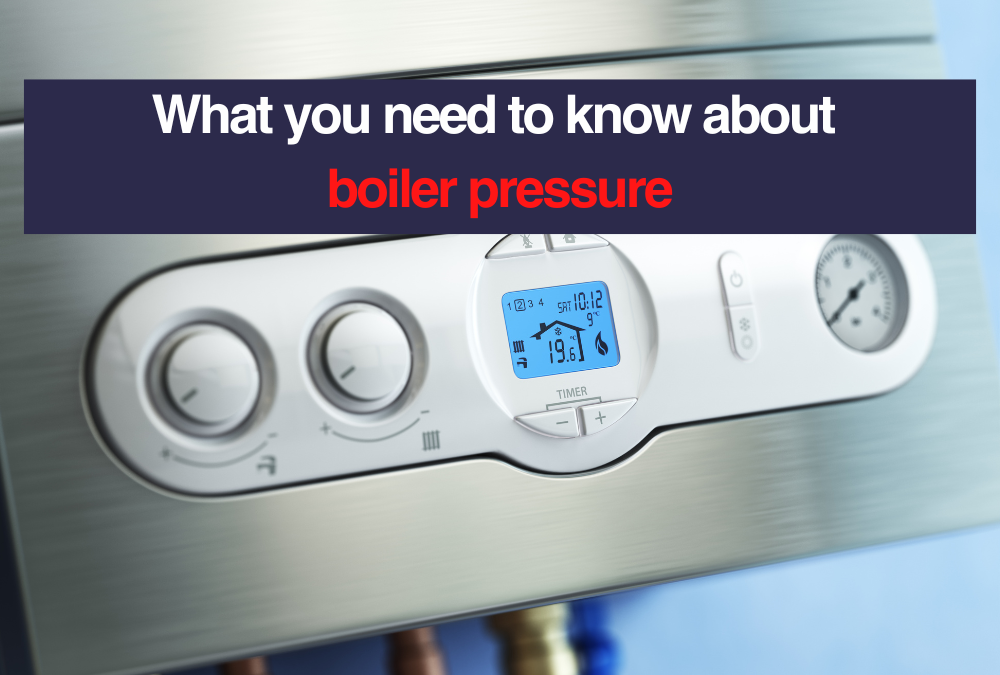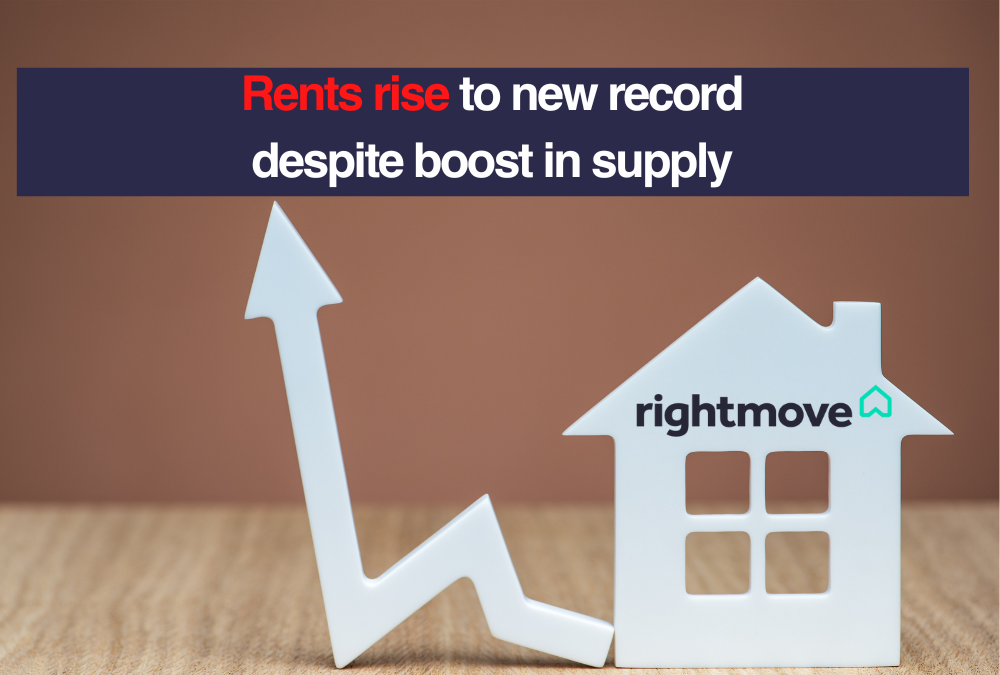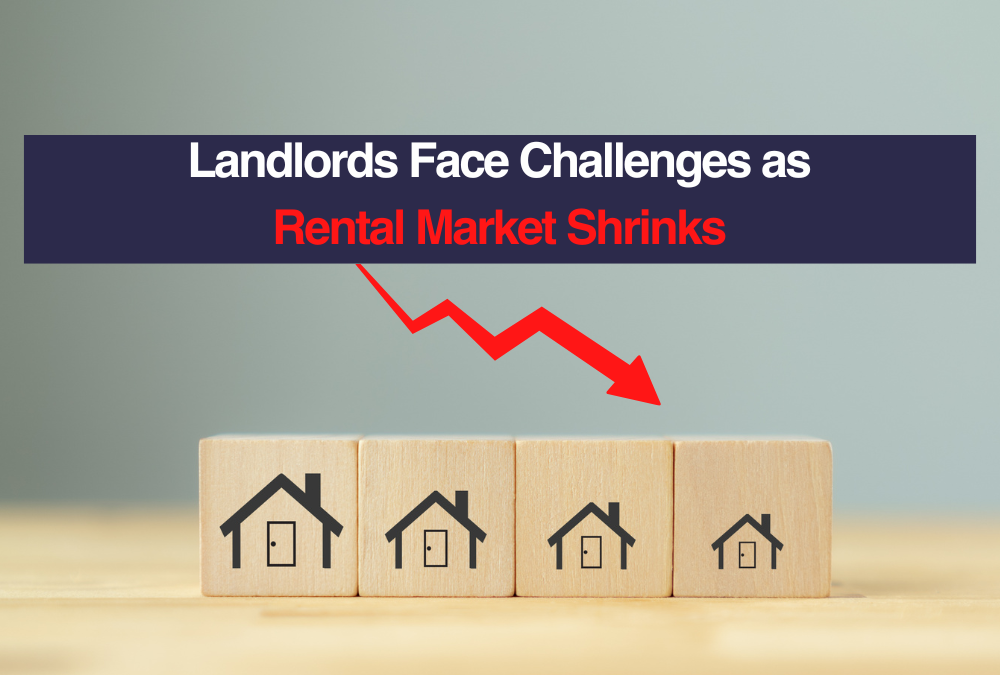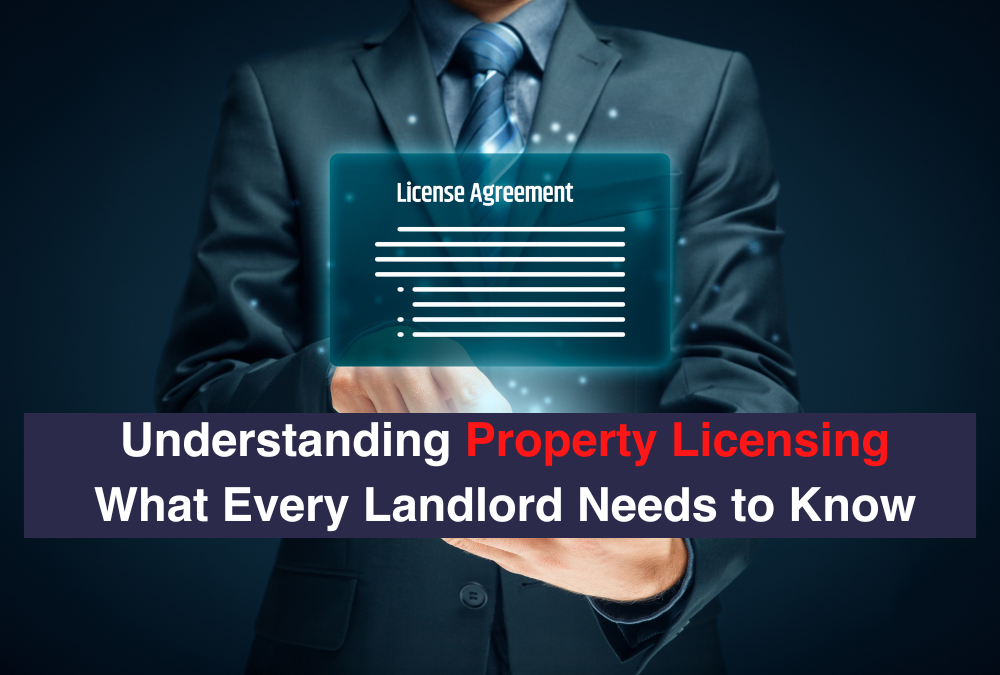White goods in rental properties, not the most exciting read, however, the reality is, it’s a subject all landlords (and tenants) need to consider when renting out their property. Most importantly, what white goods should landlords supply, and what are they required to supply?
What are “white goods”?
White goods refer to large electrical home appliances. In letting terms, they generally refer to the major kitchen appliances, such as fridges, washing machines and dish washers.
You will notice a lot of rental adverts declare that they do provide white goods. They are generally referring to the major kitchen appliances.
Do I need to supply white goods in my property?
No, it’s completely up to the landlord. However, it is important to note that most rental accommodation these days does come with white goods meaning that you could be scaring away a lot of potential tenants away by choosing not to. Sometimes it’s worth loosening the purse strings and providing white goods for the sake of getting tenants.
Who is responsible for repairing white goods?
This is a bit of a misunderstood area, as a lot of people think that if landlords supply the goods, then they also become responsible for repairs. That is not the case, as it’s made very clear that white goods do not form part of the landlords repairing/maintenance obligations under section 11, Landlord & Tenant Act 1985.
It should state in the Assured Shorthold Tenancy Agreement who is responsible for repairing white goods. Most of the time the landlord will take responsibility for repairing white goods but try to get 3-5 year warranty on all products as well. If they need repair outside the warranty period, that probably means they have lived their life to the fullest.
If the tenant is responsible for repairing the white goods and it is stated in the AST, it would be recommended to discuss this before the tenants sign the contracts. This will avoid any problems when your tenants are informed that they are responsible for organising the repair replacement of any white goods.
It should be noted that tenants shouldn’t be held responsible for wear and tear or technical faults outside of their control. If it is not stated who is responsible in the tenancy agreement, it can be implied that the landlord is responsible, unless damage has been caused intentionally or by negligence by the tenant.
If a property comes with white goods, is it considered “furnished”?
No: A property is still classed as “unfurnished” if it comes with basic white goods and no other furniture.
The Condition of white goods
White goods provided by the landlord must be in a reasonable state of repair and in proper working order. All gas and electric appliances MUST be safe and tested before the tenancy begins but also within the tenancy at the time periods stated on each certificate to ensure they continue to be safe for the duration of their lifetime.
There is no statutory obligation on landlords or agents to have professional checks carried out on the electrical system or appliances. However, under Common Law and various statutory regulations there is an obligation for landlords to ensure that all electrical equipment is safe.
Gas appliances must have a valid Gas Safety Certificate from a Gas Safe Register Engineer for each appliance in a property.
Does this answer all of your questions? If not then please contact us on hello@horizonlets.com for more information.
Related Articles
- Landlords Obligations For Furniture & Furnishings
- Landlords Guide to Water Supply & Your Responsibilities
- Landlord Responsibilities – Gas Regulations
- Horizon Lets tips for Landlords
- Repairs: A Guide for Landlord & Tenants








